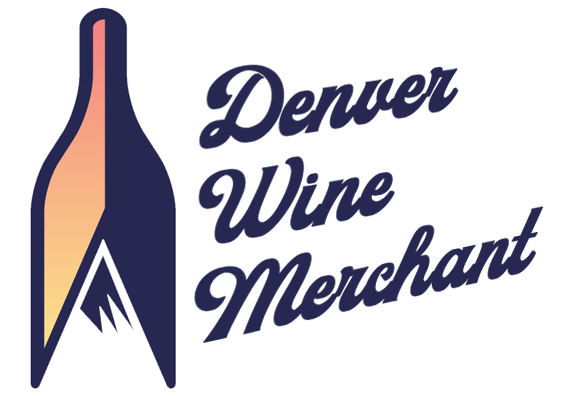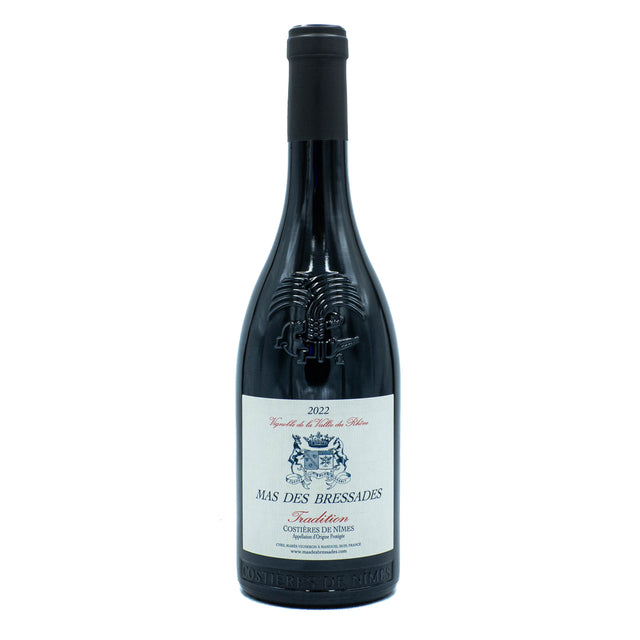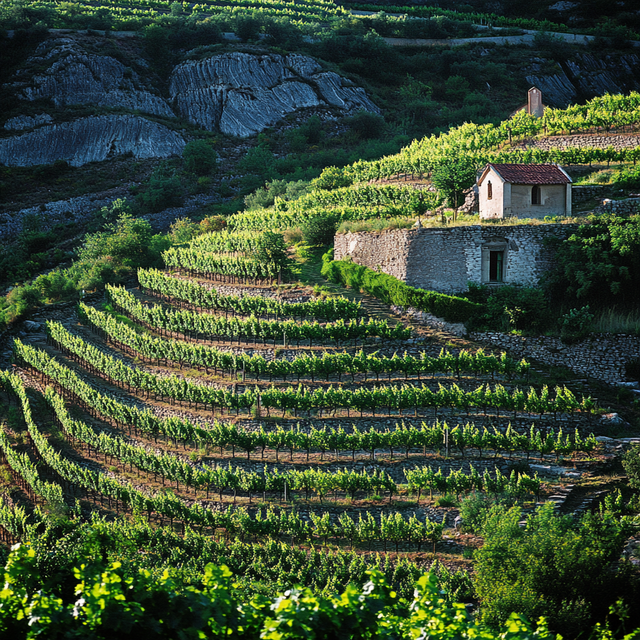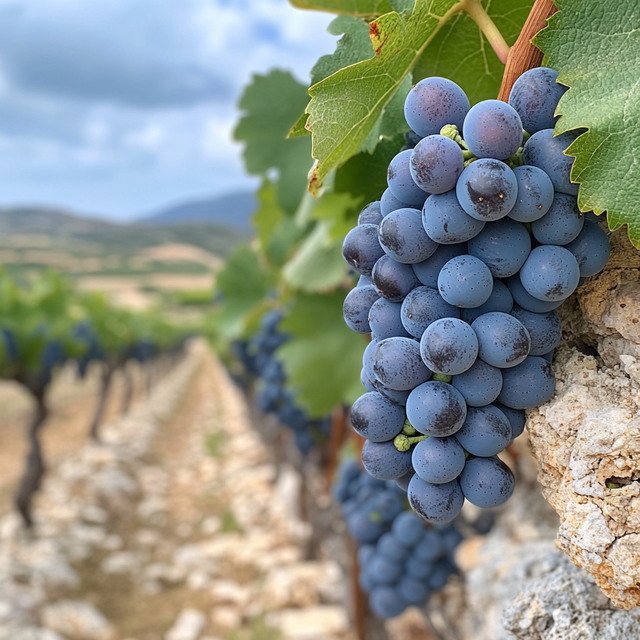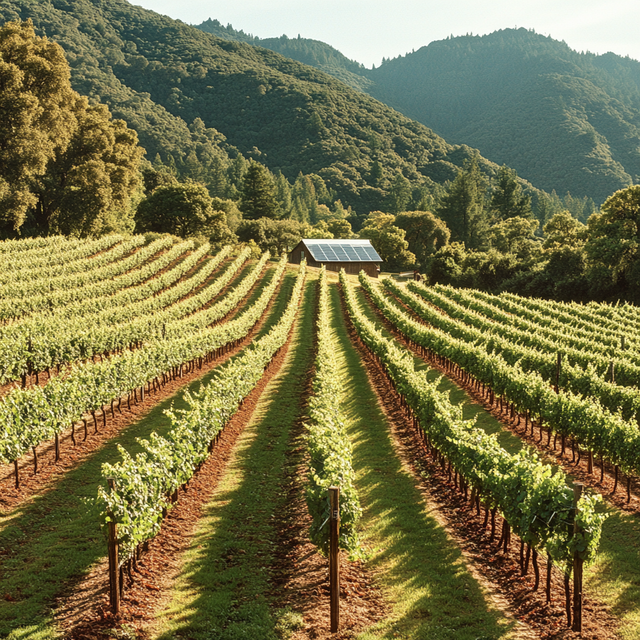The Rhône Valley is a diverse and historic wine region, divided into two distinct areas. The Northern Rhône is the birthplace of Syrah, with steep, terraced vineyards that produce some of the world's most revered wines, such as those from Hermitage and Côte-Rôtie. The Southern Rhône is much more expansive, offering a wider range of styles, but typically based around Grenache-based blends, with wines from Châteauneuf-du-Pape known for their complexity and power. While the region is celebrated for its reds, it also produces incredible textured whites, and as a whole the region displays the spectrum of French wine and the incredible differences that can come from small geographic changes.
Rhone Valley
Grenache is a widely planted grape variety that thrives in its Mediterranean home. In Spain, it's known as Garnacha, where it reaches its peak in the Sierra de Gredos as a pure varietal wine, while also being a key blending component in Rioja. France's Southern Rhône, notably Châteauneuf-du-Pape, is another well-known region, where Grenache is often the base of a blended wine. Grenache also finds a home in Sardinia as Cannonau, and it has spread beyond its Mediterranean origins, most famously to Australia's Barossa Valley. The resulting wines are typically light in color, yet they possess a full body and flavor, displaying mature red fruit notes, herbal spices, and often a hint of orange peel, along with soft tannins and moderate acidity. It is an incredibly versatile grape, showing different expressions based on its terroir and the winemaking style employed.
Grenache
Sustainable vineyard farming is an environmentally conscious approach that prioritizes long-term ecological balance, economic viability, and social responsibility. Unlike organic farming, sustainable practices do not necessarily exclude synthetic chemicals, but rather focus on minimizing their usage, carefully managing resources like water and energy, protecting biodiversity, and reducing waste and carbon footprint. Wineries employing sustainable methods often integrate modern technology and traditional practices to improve efficiency and maintain healthy vineyards. Certifications like "SIP Certified" or "LIVE Certified" help validate sustainability efforts. However, sustainable farming differs distinctly from organic, as sustainable producers may use synthetic inputs in moderation if deemed necessary for the overall health and productivity of their vineyards.
